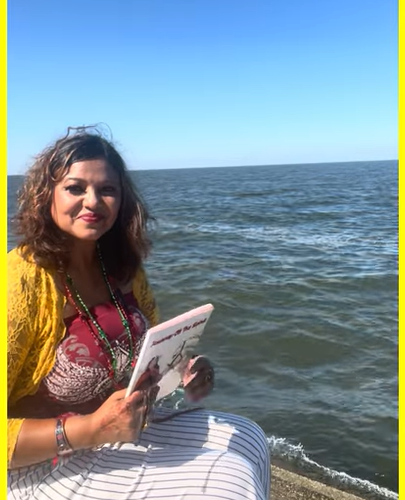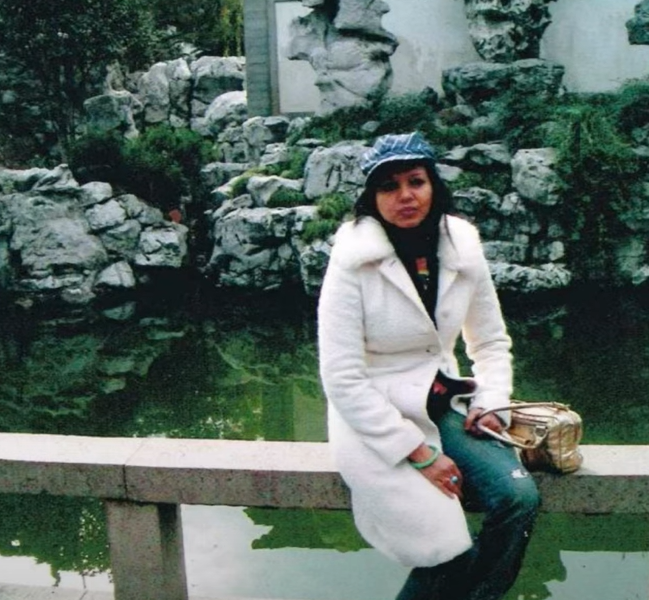Robert Mueller revealed a frantic, monthslong effort by President Donald Trump to thwart the investigation into Russia’s 2016 election interference, cataloguing in a report released on Thursday the attempts by Trump to escape an inquiry that imperilled his presidency from the start.
The much-anticipated report laid out how a team of prosecutors working for Mueller, the special counsel, wrestled with whether the president’s actions added up to criminal obstruction of justice. They ultimately decided not to charge him, citing numerous legal and factual constraints, but pointedly declined to exonerate him.
Mueller inherited a sweeping inquiry 22 months ago into whether Trump or any of his aides had coordinated with the Russian government’s campaign to sabotage the presidential election. The report found numerous contacts between Trump campaign advisers and Russians in the months before and after the election — but said there was “insufficient evidence” to establish that there had been a criminal conspiracy.
While the report does not find that the president or his campaign aides had committed any crimes in their contacts with Russians, it lays bare how Trump was elected with the help of a foreign power. When a federal inquiry was launched to investigate the Russian effort, he took numerous steps to try to undermine it.
The special counsel found that Trump had the authority to make many of his most controversial decisions, including the firing of James Comey as FBI director, by virtue of the powers the Constitution grants him. At the same time, it is a far more damning portrayal of his behaviour than the one presented last month in a four-page letter released last month by Attorney General William Barr.
“The incidents were often carried out through one-on-one meetings in which the President sought to use his official power outside of usual channels,” the report said. “These actions ranged from efforts to remove the Special Counsel and to reverse the effect of the Attorney General’s recusal; to the attempted use of official power to limit the scope of the investigation; to direct and indirect contacts with witnesses with the potential to influence their testimony.”
In his letter, Barr announced that — while Mueller had made no judgment about whether Trump had obstructed justice — he had decided the president had not. Barr defended this decision in a news conference Thursday morning, and said that some of Trump’s actions were understandable given the “context” of his situation.
“There is substantial evidence to show that the president was frustrated and angered by a sincere belief that the investigation was undermining his presidency, propelled by his political opponents and fueled by illegal leaks,” he said.






















